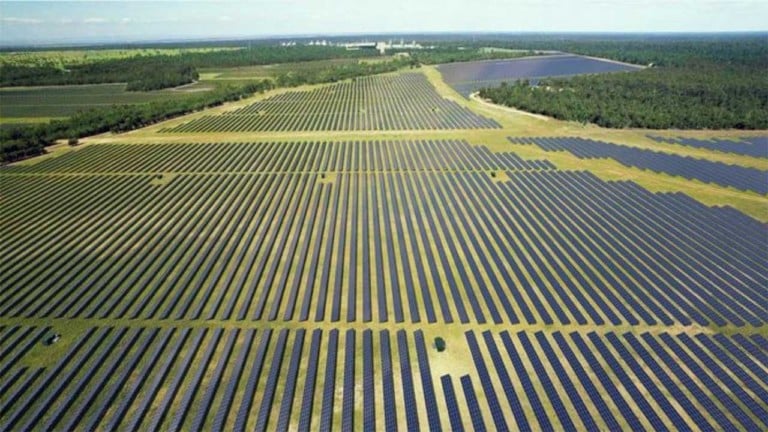Australia: Origin withdraws from hydrogen race to focus on renewable energy and energy storage
October 3, 2024

First announced in 2022, the hub was powered by a combination of grid-connected electricity, local solar PV power plants, and wind farms. It was to be developed on Koorgang Island, north of Newcastle, New South Wales.
Origin hoped hydrogen would gradually replace natural gas as a feedstock in nearby ammonia manufacturing and be used for mobility. In July 2023, Origin and Orica entered a joint development agreement to advance through front-end engineering and design.
The utility received planning approval from the New South Wales government in May 2024 and aimed to make a final investment decision soon. The project received federal recognition by being shortlisted under the Australian government’s Hydrogen Headstart program and previously received commitments for grant funding from the Commonwealth and New South Wales.
Origin Energy added that it remains open to exploring commercial options for the Hunter Valley Hydrogen Hub but for the time being intends to cease work on all hydrogen development opportunities.
Despite the company pulling out of the hydrogen market, Origin Energy’s CEO Frank Calabria still believes hydrogen could play a role in the future energy mix but admitted the market is developing slower than anticipated.
“It has become clear that the hydrogen market is developing more slowly than anticipated, and there remain risks and both input cost and technology advancements to overcome. The combination of these factors mean we are unable to see a current pathway to take a final investment decision on the project,” Calabria said.
“Ultimately, we believe investments focussed on renewable energy and storage can best support the decarbonisation of energy supply and underpin energy security over the near-term.”
Origin’s shift away from hydrogen another blow to Australia’s ambitions
Origin Energy’s move to exit the hydrogen market comes as yet another blow to Australia’s aim to become a hydrogen superpower. Last month, Australian mineral exploration company Province Resources shelved a multi-gigawatt solar and wind-powered green hydrogen project in Western Australia called HyEnergy.
As reported by PV Tech, Province had shelved the project due to a lack of governmental support, stating that the government had “failed to offer tenure for the project on terms which would be acceptable to Province and potential project partners, or in the best interests of the company’s shareholders”.
With the hydrogen market still in its infancy and its development not scaling as quickly as expected, significant investment will be required to help the market get on its feet.
This does not, however, mean it will not play a role in the future energy mix. Australia is still attempting to stimulate investment via its newly updated National Hydrogen Strategy, which placed solar PV at the heart of green hydrogen production. Origin could play a vital role in producing green hydrogen by scaling the necessary renewable energy generation resources to supply electrolysers.
Origin’s solar PV and energy storage ambitions
Origin continues to progress in its solar PV project pipeline. The largest within this is the Yarrabee Solar Farm, located in New South Wales. Its first stage has an anticipated generation capacity of 450MW and the potential of up to 900MW. Planning approval also allows for a 25MW BESS.
Origin is also developing the 450MW Salisbury project, based in New South Wales. The company added this project to its portfolio via its acquisition of Walcha Energy in February 2024, allocating a further 1.3GW to its renewable energy pipeline.
As previously reported by PV Tech, Origin Energy said it is committed to developing its solar PV pipeline and is currently looking at a “number of potential solar farm development projects” totalling around 1,600MW.
In August, the company said it would continue to monitor the timing of potential transmission network developments and upgrades required to support the projects.
This came as Origin cancelled the development of its 130MW Morgan and 74MW Carisbrook solar PV projects due to “unfavourable conditions”. According to the company, the projects’ development was impaired because it was considered “unlikely that they can earn a suitable return on investment”.
Readers of PV Tech will be aware that Origin Energy also has a heavy influence in the Australian energy storage market with various utility-scale proposals.
One such proposal, the Eraring battery energy storage project in New South Wales, recently saw its second stage development approved, as reported by our sister site Energy-Storage.news.
Search
RECENT PRESS RELEASES
Related Post


